Identity
- All About Me? Discovering Self
- Disability
- Folklore, History, Literature and National Identity
- Marginal Voices
- Single and Double Selves
- Society and Environment
All About Me? Discovering Self
Martine DeRidder
Section 06 (CRN 12485) MW 8:00-9:15
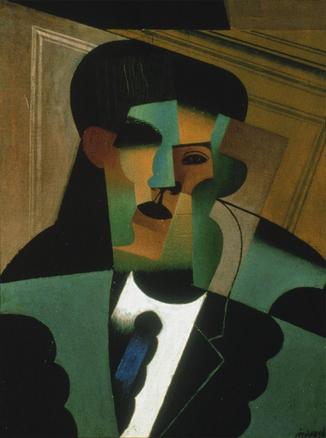
This course explores some of the dimensions of the vast world of Selfhood. First, we will seek insight into the nature of "self." The dynamic links between ";soul," "body," and "mind" will be at the heart of our inquiry. Second, we will examine ways to achieve self-fulfillment, considering a number of philosophical and psychological approaches to self-knowledge. Thirdly, our desire for self-fulfillment will be examined in light of a "self" engaged in humanity. To this end, we will focus our attention on eastern traditions of self-discipline and spirituality.
Disability
Essaka Joshua
Section 07 TR: 1:45-3.00
This course investigates the cultural meanings attached to extraordinary bodies and minds.
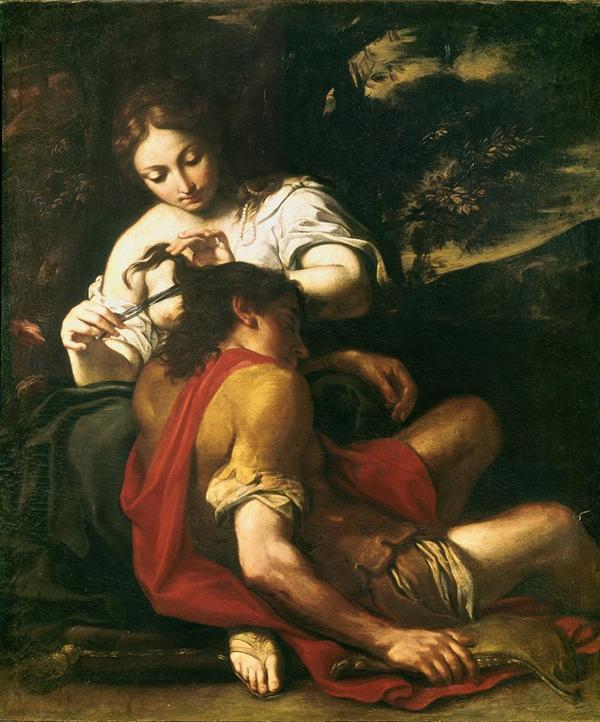
Cultural and literary scholarship has extensively explored issues connected with identities derived from race, gender and sexuality. Only recently have concepts of bodily identity, impai
rment, stigma, monstrosity, marginalization, beauty, deviance, and difference begun to cohere around disability as a concept and have emerged into a discipline called “disability studies”.
This course covers topics such as human rights, feminism, medical attitudes, social stigma, normalcy, life narratives, gothic horror, bodily representation, mental impairment, the politics of charity, community and collective culture, bible narrative, eugenics, the built environment, and empowerment, in a range of disciplines including literary studies, film, theology, government policy, art, and drama.
The climax of the semester will be a drama project: we will put on a one- night performance of Milton’s Samson Agonistes at DPAC as part of the Notre Dame Disability Arts Festival and we will take the play to Chicago’s Victory Gardens Theatre, for one night, as part of their Disability Access Project, Cripslam. No previous experience of drama is required and you will be able to work behind the scenes as well as have the option to audition.
As part of the assessment, students who take this class will also participate in a service placement with people with disabilities at the Logan Center in South Bend. This will take five hours of non-class time.
Folklore, History, Literature and National Identity
Jeremiah Gillan
Section 10 (CRN 13751) TR 9:30-10:45
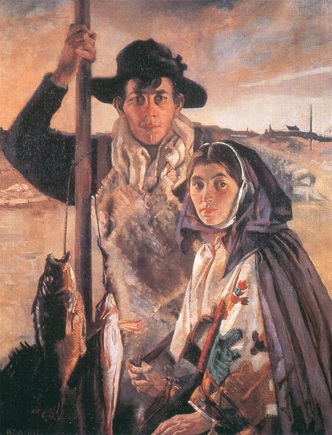
The notion of folklore emerged in the late 18th and 19th centuries. Closely associated with ideas of cultural relativism, from the romantic period on it became an important resource to national movements in search of cultural authenticity. This course will explore the idea of folklore within the history of ideas and will examine the relationship between folklore and popular culture and between folklore and modernity. It will also outline the development of folklore as an academic discipline. It will look at the Irish case in detail, from the beginnings of scholarly interest in popular culture in Ireland to the central intellectual engagement of the literary revivals in English and Irish with it at the end of the 19th century, leading ultimately to the institutionalization of folklore study in the Irish state.
Marginal Voices
Patrick Martin
Section 08 (CRN 12488) MW 3:00-4:15
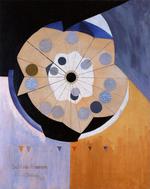
This seminar will explore the experience of marginalization through its spatial representations and associated modes of expression. Resistant to conventional configuration as places of silence and isolation, the boundary areas of desert and social margin, of shoreline and interior borderland are all regions of privileged encounter and communication. Our work together will engage with marginalization as a spiritual discipline, as an imposed social category, and as a precondition of the aesthetic life. It is the voice of the prophet, the poet, the poor and the handicapped that we hear, calling us to a life of charity, of freedom and compassion, and of celebration.
Our conversation this semester will be supported by reflection on theological, sociological and literary sources, as well as by substantial use of film. As we explore that material, you will have the opportunity to refine your communication skills through individual and collaborative activities. You will be encouraged to read attentively, to identify important ideas and organizational strategies, to ask productive questions, to develop an argument or a line of investigation, and to respond usefully to the questions and observations of others. Written assignments will also offer you a chance to practice expressing an argument clearly, exploring it logically and supporting it by appropriate textual reference.
Single and Double Selves
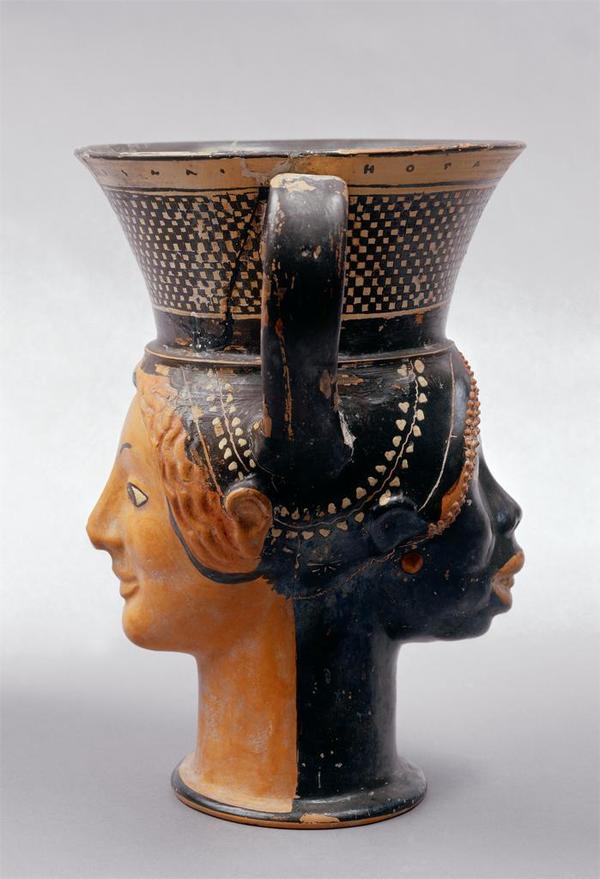
Alyssa Gillespie
Section 26 (CRN 16044) MW 3:00-4:15
This course will address a basic question of human identity: how do we form a concept of the singular self? And what happens on the margins of that concept, when self and other, individuality and alterity, seem to merge disconcertingly (and often traumatically)? The topics of the course will include such phenomena as twins, doubles or so-called doppelgängers, dream-doubles, alter-egos and anti-egos, split personalities, shadow figures, imposters, vampires, clones, and mirror reflections. We will approach our study of self-definition and its limits from a variety of theoretical perspectives drawn from the fields of anthropology, psychiatry, philosophy, and cultural and literary studies, and we will have occasion to reflect on such diverse matters as folklore and mythology; the body-soul dichotomy; early childhood psychological development; primitive ancestor worship (totemism); conscience and the unconscious; demonic possession; ghosts and the occult; the construction of racial, cultural, national, and gender identities; animistic belief systems; shamanism; the nature of authorship and authorial self-creation; the attractions and dangers of mimesis; and the subversive power of art.
Society and Environment
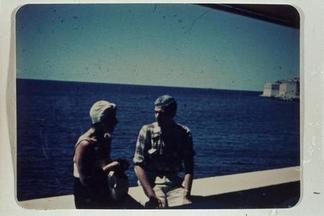
Andy Weigert
Section 13 (CRN 12490) TR 3:30-4:45
This seminar raises issues of human-environment interaction that are the basis of human life individually and socially. The goal is eloquence expressing critical intelligence in the service of universal human values in relations with others and with natural environments. Readings include Turnbull's The Forest People, part of Genesis, Dillard's Pilgrim at Tinker Creek, Faulkner's The Bear, and others. A Snite Museum tour of relevant art pieces is part of the course material. Participation in class discussions and a final oral examination make up two-thirds of the grade.